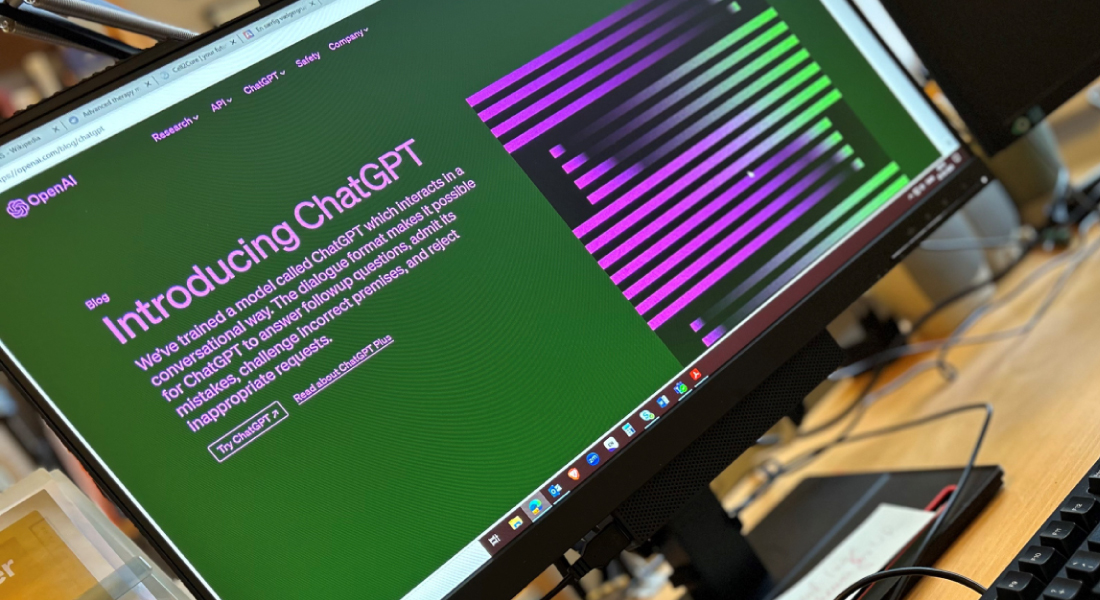Navigating the online forest: information about stem cells in the era of AI
The internet has revolutionized the accessibility of information about stem cells, but it also presents challenges in discerning reliable sources from misinformation. The way information is filtered and presented online is constantly changing. Now the arrival of AI adds to the complexity. Understanding how individuals navigate this digital terrain is crucial in ensuring the availability and reliability of stem cell information.

The PREPARE team of reNEW is combining public engagement with research into the broader implications of stem cell medicine, including how stem cell information reaches the public.
“We know that many patients find information about stem cells online, but what happens when online search becomes mediated by generative AI? With ChatGPT, Bard, Bing and other Large Language Models on the market, we might have to rethink how we communicate about stem cell research and trials,” says Professor Klaus Høyer from PREPARE Copenhagen.
”To contemplate these issues, we decided to convene a workshop in collaboration with EuroGCT. The paper is the result,” said Høyer.
The influence of AI and online search technology
In the quest for information, individuals often turn to search engines like Google, colloquially referred to as “Dr. Google,” and social media platforms such as YouTube, TikTok, Instagram, and Facebook. However, the information users encounter is not just determined by their queries; it is also influenced by paid advertisements and algorithms, as well as the social dynamics through which prospective patients invest trust in particular sources of information.
The researchers from PREPARE also acknowledged that many users may lack an understanding of the economic and technical mechanisms behind search technologies that determine how search results are ranked and links suggested. Instead, they would often invest trust in persons who they deem trust worthy. This can be patient testimonials or influencers or other ‘lay experts’, who become a sort of online expert mediators. With AI, the suggestions they get becomes even less transparent and the process of establishing trust more complicated. This constitutes a significant challenge for the stem cell community and might affect trial recruitment, information exchange, and trust in gene and stem cell technologies.
Researchers and patient advocates need to take a proactive role
This new landscape of information has the potential to shape how the science is seen by patients, clinical trial participants, and the wider public. Considering these developments, the PREPARE team believes it is imperative for researchers and patient advocates to remain vigilant and proactive in sharing accurate information of scientific advancements.
To help people find out who and what information they can trust in this complex landscape, it is essential to embrace and further understand how the public is using these technologies. Research from PREPARE will include studying user behaviour, trends, and preferences to effectively disseminate reliable information about stem cells. By doing so, we can empower individuals to make informed decisions and foster trust in gene and stem cell technologies.
